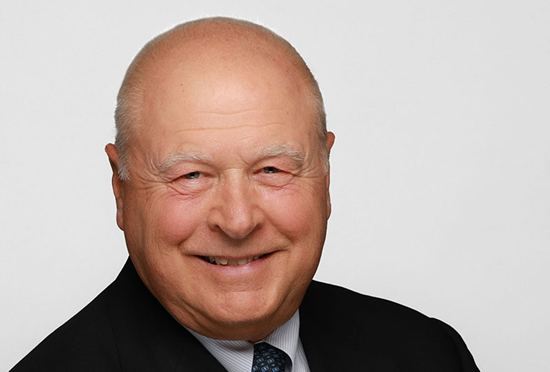Trading with smart order router is not DEA - FCA

Trading through a smart order router provided by a broker “will not normally” constitute Direct Electronic Access as defined by Mifid II, the UK financial regulator has confirmed.
Under Mifid II rules, any firm that is provided with direct electronic access (DEA) to a trading venue in the EU will need to become authorised to continue trading from January 3 2018.
But a number of clearing firms in London are understood to be developing smart order routers (SORs) that they believe with negate this requirement for their clients to become regulated under the controversial new European trading rules.
The UK’s Financial Conduct Authority said in a statement to FOW: “Where a service being provided to a client enables the client to route an order to a specific trading venue then, if other conditions are met, this can be DEA. With a smart order router it is the software not the client who decides which trading venue the order is sent to. Subject to the exact facts and circumstances, trading through a smart order router will not therefore normally constitute DEA.”
The FCA ruling confirms the view of the Futures Industry Association, which has been advising its members that access through an SOR does not constitute DEA. There is, however, still confusion over what specific circumstances would not be considered DEA.
The FCA's definition is the result of the ability of a smart order router to change one or more of the major parameters of an order: time, size, venue or price. According to legal experts, if one or more of these parameters is changed, the order is intermediated and therefore not direct electronic access.
If client orders are routed via a market member’s SOR, this arrangement does not constitute DEA. SORs used by the client are assumed to be considered as DEA if the client has a permission to use the trading code of the market member to directly access the market and the SOR is embedded into its systems.
There is also uncertainty over exactly how much an SOR would need to change these four parameters in order to not be considered DEA.
A broker-managed SOR directing Euribor orders to one of the three European markets that trade Euribor futures, for example, would be considered to be intermediating in the market choice but for DAX futures that trade only on Eurex, it is less clear whether this could be considered intermediation.
Firms relying on the SOR “exemption” would also need to ensure that they do not fall foul of any of the other requirements to register under Mifid II, such as being deemed a high frequency trading firm. They would also leave themselves open to reinterpretation of the rules by the European Securities and Markets Authority (Esma), which may deem the SOR exemption a loophole and seek to close it.
Using the SOR exemption would constitute altering existing trading practices purely to negate the need to register and is likely to come under scrutiny from Esma, according to one legal expert. The need to register and become authorised under Mifid II is one of the most significant changes for smaller proprietary trading groups.
FOW spoke to a number of firms yet to submit applications with many adopting a “wait-and-see” approach or indicating that they would trade through a broker-provided SOR.
Sam Tyfield, partner at law firm Vedder Price, warned firms of the need to take action now: “There are 100 days left until Mifid II goes live. We are still awaiting Esma Q&A and clarity on various topics, revised exchange rulebooks, Mifid II -compliant exchange platforms and for national regulators to finalise their rules.”
“If firms which may fall under Mifid II are not regulated already (or in the process of applying for authorisation currently), then they should consider alternative approaches now - not next week, not in October: now - because it is almost certainly too late to start the process of applying for individual authorisation in any EU jurisdiction,” Tyfield added.
Larger proprietary trading groups in London are seeking to offer services to smaller firms that are not planning on becoming authorised or are not able to meet the regulatory minimum standards. The OSTC is one such firm offering this type of service.
OSTC chief executive officer Mark Slade said: “After thoroughly exploring any alternative routes, we concluded we had no choice but to become regulated and have used the last year to prepare for it and to make sure all of our systems and controls were up to the standards required under authorisation.
“We are receiving an increasing number of enquiries from market participants who have run out of time to go through the 6-12 month process before Mifid II comes in on Jan 3 2018 and we are exploring any possible cooperation routes with them.”
Other firms including Met and Tower Trading are also understood to be looking at how they can provide regulated services to smaller firms.
This month, the FCA requested details of all DEA clients from UK-based clearing firms and is understood to be warning of a strict implementation of Mifid II in this respect.
Found this useful?
Take a complimentary trial of the FOW Marketing Intelligence Platform – the comprehensive source of news and analysis across the buy- and sell- side.
Gain access to:
- A single source of in-depth news, insight and analysis across Asset Management, Securities Finance, Custody, Fund Services and Derivatives
- Our interactive database, optimized to enable you to summarise data and build graphs outlining market activity
- Exclusive whitepapers, supplements and industry analysis curated and published by Futures & Options World
- Breaking news, daily and weekly alerts on the markets most relevant to you



